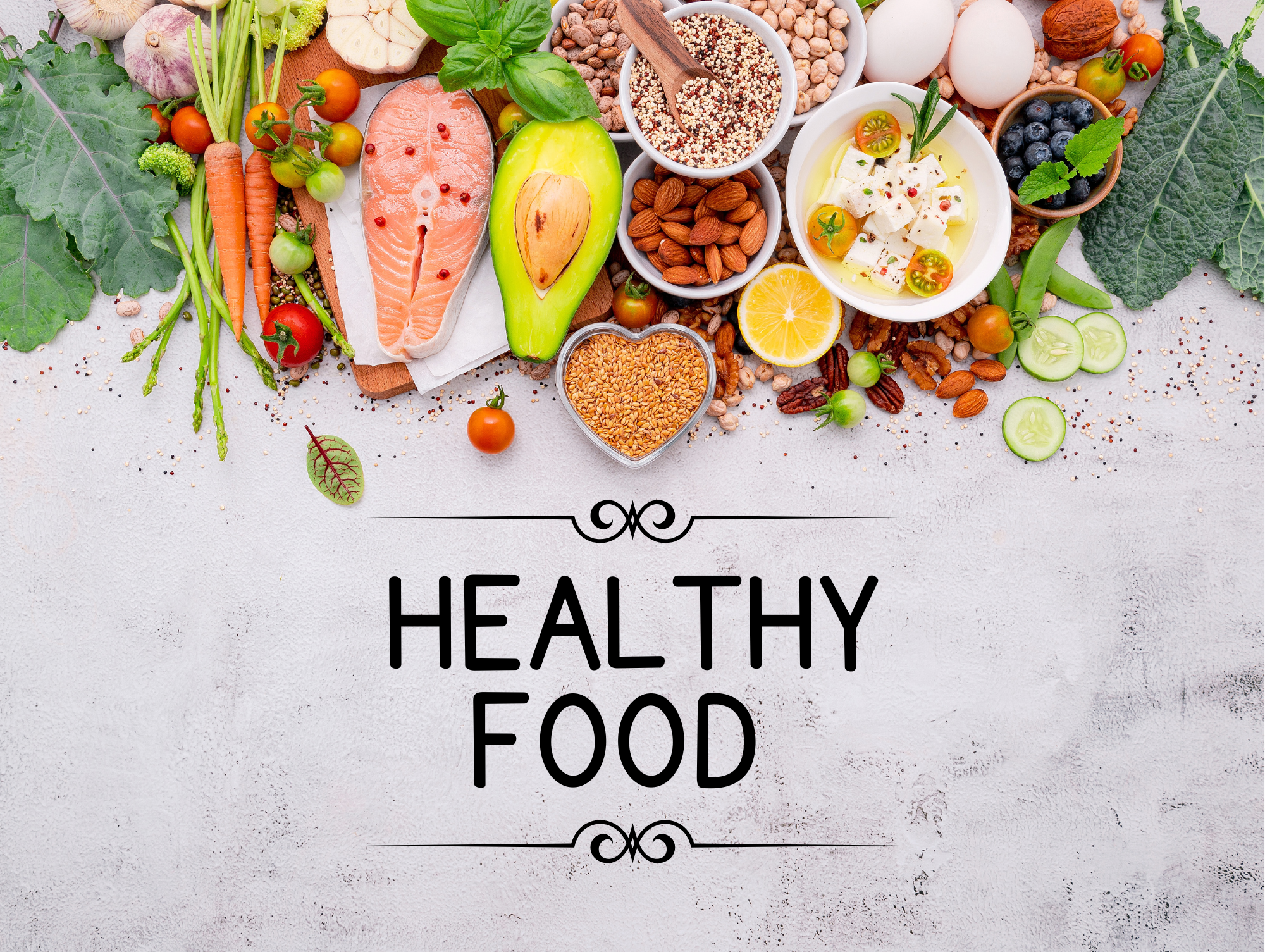Welcome! Check out our latest news.
Read more
The Brain-Food Connection
The first five years of life are a period of rapid brain growth. During this time, neural connections form at an astonishing rate, shaping a child’s ability to think, learn, and interact with the world. Proper nutrition fuels these processes, ensuring that children reach their full developmental potential.
Key Nutrients That Support Early Learning:
🧠 Omega-3 Fatty Acids – Found in fish, flaxseeds, and walnuts, omega-3s are essential for brain development, improving memory and cognitive function.
🍎 Antioxidants (Vitamins A, C, and E) – These nutrients, found in colourful fruits and vegetables, protect brain cells and support overall mental clarity.
🥦 Iron – Essential for oxygen flow to the brain, iron (found in spinach, lean meats, and fortified cereals) helps children stay focused and energized.
🥛 Protein & Healthy Fats – Foods like eggs, dairy, and avocados help with neurotransmitter production, aiding in concentration and learning.
How Poor Nutrition Affects Learning
A diet high in processed foods, sugar, and unhealthy fats can negatively impact a child's ability to concentrate, regulate emotions, and retain information. Studies show that children with nutrient deficiencies are more likely to experience attention issues, behavioural challenges, and sluggish cognitive function.
Common issues linked to poor nutrition include:
❌ Lack of Focus – A sugar-filled diet leads to energy crashes, making it harder for children to concentrate.
❌ Weakened Immune System – Frequent illnesses result in more missed learning opportunities.
❌ Delayed Cognitive Development – Without essential nutrients, brain growth and function can be compromised.
Healthy Eating Tips for Little Learners
As parents and caregivers, we can make simple yet powerful changes to ensure our children receive the nutrition they need to thrive. Here are some easy ways to fuel your child’s learning journey through diet:
✅ Start with a Balanced Breakfast – A mix of protein, healthy fats, and whole grains (like eggs and whole-grain toast) keeps energy levels steady.
✅ Incorporate Brain-Boosting Snacks – Swap out sugary treats for nuts, yogurt, fruit, and whole-grain crackers.
✅ Stay Hydrated – Dehydration can cause fatigue and difficulty concentrating. Encourage water instead of sugary drinks.
✅ Involve Kids in Meal Prep – Letting children help with simple tasks like washing fruits or stirring ingredients makes them more excited about healthy eating.
✅ Make Food Fun! – Create colourful plates with a variety of fruits and veggies and use cookie cutters to shape sandwiches and snacks.
Nutrition at Miss Janice’s Out of School Care
At Miss Janice’s Out of School Care, we prioritize wholesome, balanced meals to support the cognitive and physical growth of every child. Our meal plans are designed to ensure that children receive all the essential nutrients they need for learning and development.
We encourage parents to partner with us in fostering healthy eating habits at home and in the classroom. Together, we can give children the best foundation for a lifetime of success!
Final Thoughts
Good nutrition isn’t just about keeping kids full—it’s about fuelling their minds, enhancing their ability to learn, and setting them up for a bright future. By focusing on nourishing foods, balanced meals, and healthy habits, we can ensure that every child gets the best start in life.